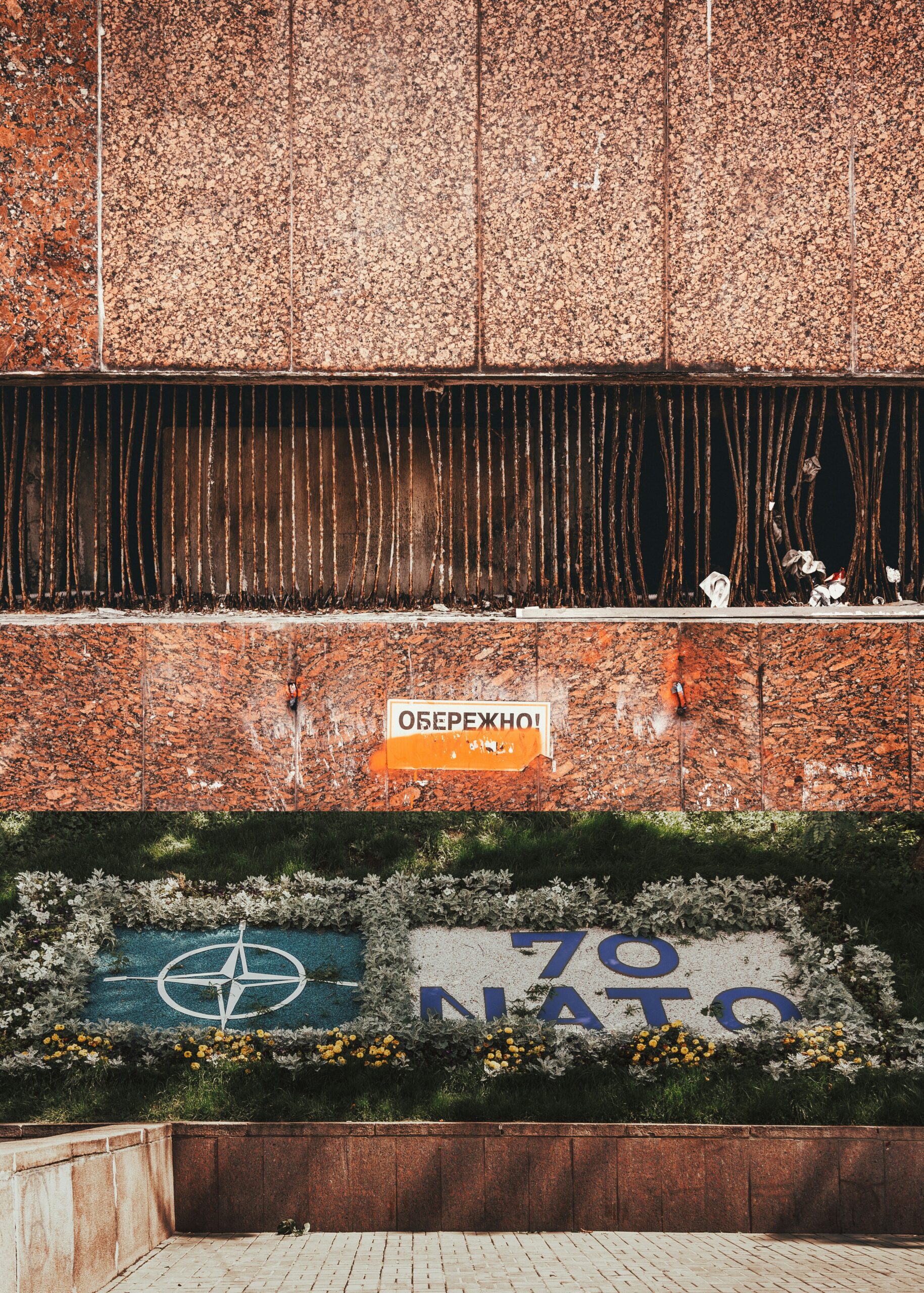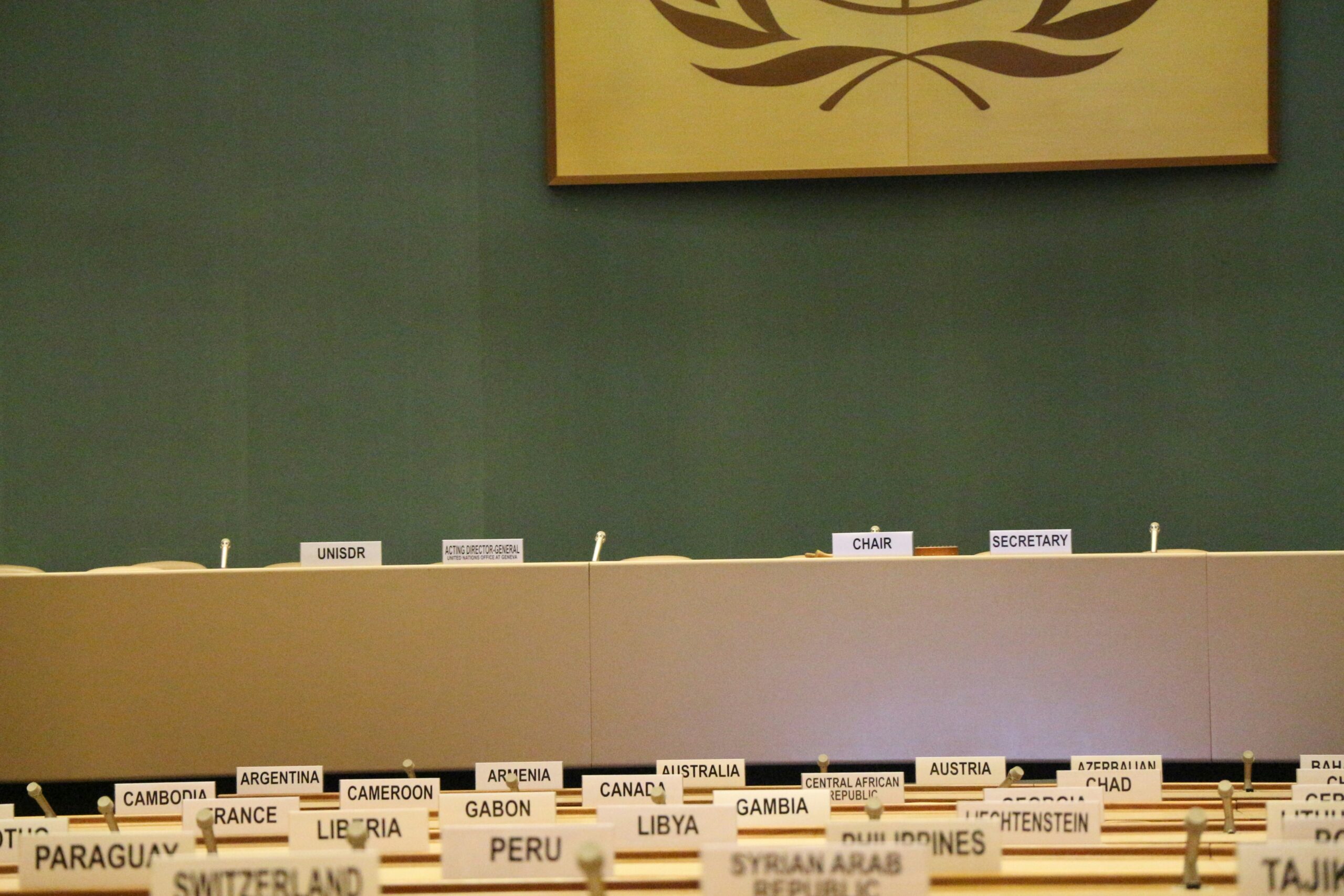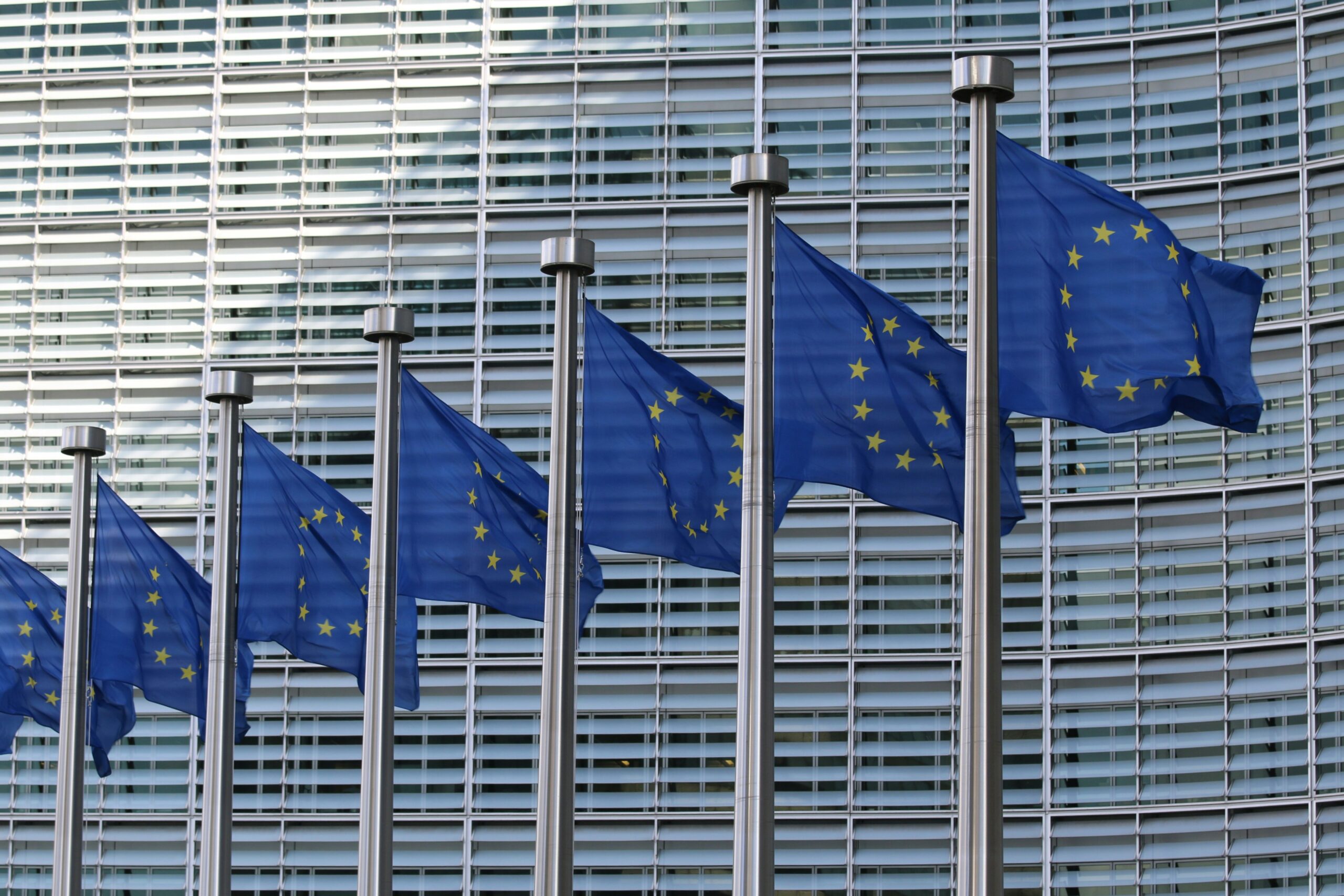NATO and Russia: A History of Mistrust and False Hopes
In the web of international relations, the dynamic between NATO and Russia stands out for its complexity, marked by enduring mistrust and a series of unfulfilled aspirations towards cooperation. This relationship’s roots stretch deep into the annals of history, dating back to the Cold War era, and persisting through the post-Cold War period to the present day. Each epoch has been characterized by its own set of challenges and missed opportunities, underscoring the profound difficulties in overcoming a legacy of suspicion.
The Cold War Era: Seeds of Suspicion
The inception of NATO in 1949, primarily as a collective defense against Soviet aggression, set the stage for the adversarial relationship with Russia (then the Soviet Union). This period was characterized by an intense ideological standoff between the capitalist West and the communist East, with NATO and the Soviet Union serving as their respective champions. The arms race, a key feature of this era, saw both sides amass vast arsenals of nuclear weapons, creating a state of Mutually Assured Destruction (MAD) that paradoxically maintained peace through the threat of total annihilation. The Cuban Missile Crisis of 1962 epitomized the peak of this tension, bringing the world to the brink of nuclear war. Throughout these decades, the NATO-Soviet rivalry symbolized the broader global division, fostering an atmosphere of suspicion and antagonism that would have lasting effects.
The Post-Cold War Era: A Brief Thaw and Renewed Tensions
The dissolution of the Soviet Union in 1991 heralded a potential new chapter in NATO-Russia relations. There was an initial optimism that the end of the Cold War might pave the way for a more cooperative and peaceful interaction. The early 1990s saw various attempts at dialogue and partnership, including Russia’s participation in the Partnership for Peace program and the establishment of the NATO-Russia Council in 2002.
However, these hopes for a sustained positive shift were quickly dashed. NATO’s eastward expansion, incorporating several former Soviet states and Warsaw Pact members into its fold throughout the 1990s and early 2000s, was perceived by Russia as an encroachment on its sphere of influence and a direct challenge to its security. The inclusion of the Baltic states (Estonia, Latvia and Lithuania) into NATO in 2004 was particularly contentious, symbolizing for many in Russia the West’s disregard for its post-Cold War security concerns.
Recent Developments: Escalation and Brinkmanship
The relationship has further deteriorated in recent years, with several flashpoints exacerbating the mistrust. Russia’s annexation of Crimea in 2014 and its support for separatists in Eastern Ukraine were met with international condemnation and led to a series of sanctions against Russia. These actions were interpreted by NATO as aggressive moves undermining European security, prompting the alliance to bolster its military presence in Eastern Europe, including deploying four multinational battlegroups to the Baltic states and Poland.
The ongoing conflict in Syria and accusations of cyber-attacks and election meddling have further contributed to the deterioration of relations. The suspension of the Intermediate-Range Nuclear Forces (INF) Treaty in 2019, a cornerstone arms control agreement, has sparked fears of a new arms race.
Looking Ahead: Navigating a Complex Legacy
The historical trajectory of NATO-Russia relations is a testament to the enduring nature of geopolitical rivalries and the difficulty of transcending deep-seated mistrust. While there have been moments that hinted at the possibility of a more constructive relationship, these have often been overshadowed by actions and policies that reinforce old fears and animosities.
Moving forward, the challenge for NATO and Russia lies in finding a path through this complex historical landscape that acknowledges the legitimate security concerns of all parties while striving for a cooperative framework that can address shared threats such as terrorism, cyber security and nuclear proliferation. Achieving this will require not only strategic patience and diplomatic ingenuity but also a willingness to confront and learn from the history of mistrust and false hopes that has characterized their relations thus far.


